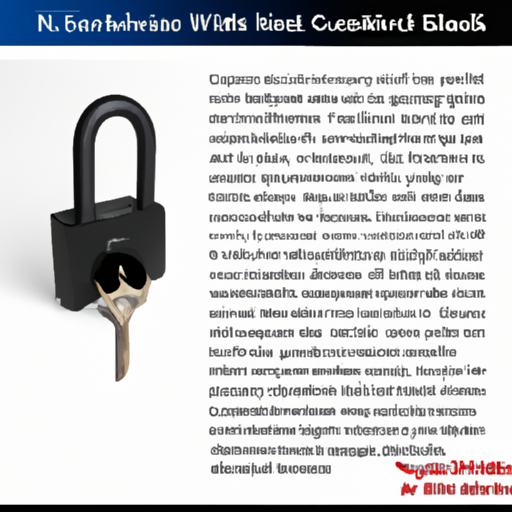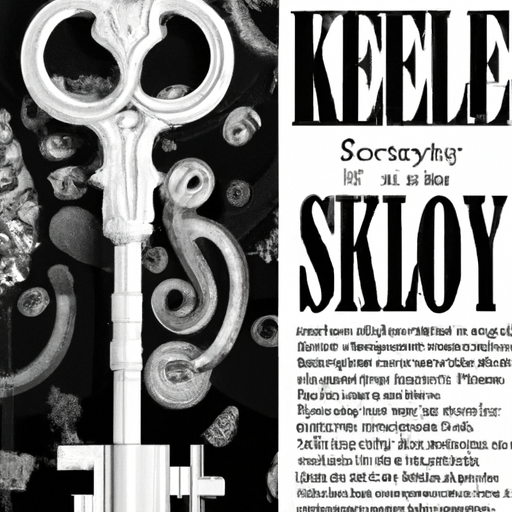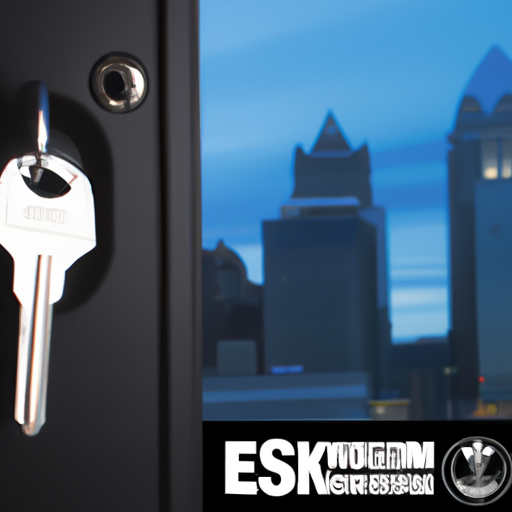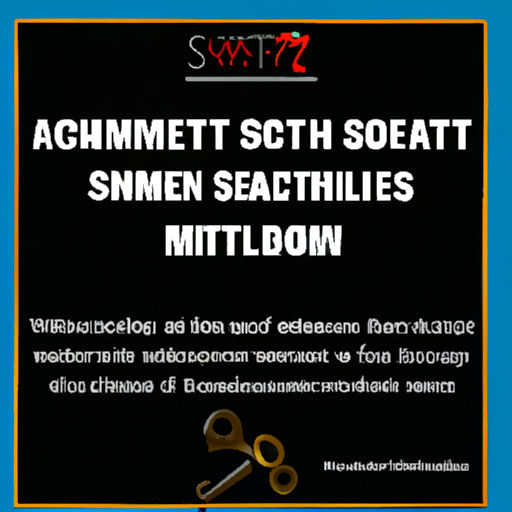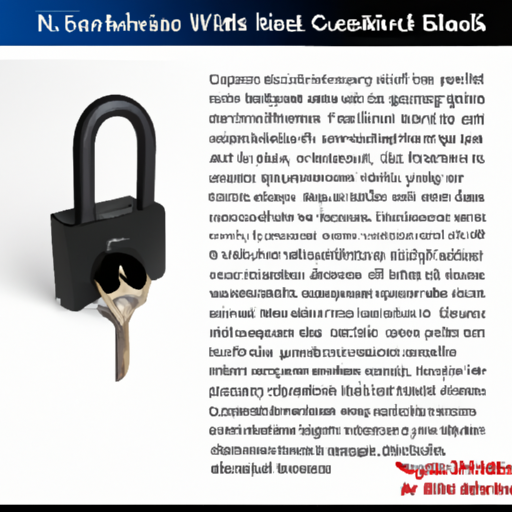
In this article, you will learn whether or not a locksmith has the ability to make a skeleton key. Spoiler alert: they actually can! A skeleton key is a versatile tool that can open multiple locks, and locksmiths have the knowledge and expertise to create one. You will discover the process they use and why having a skeleton key can come in handy. So, if you’ve ever been curious about the capabilities of a locksmith, keep reading to find out more!
Yes, a locksmith absolutely has the capability to make a skeleton key. However, it’s important to note that not all locks can be opened with a skeleton key. With their vast understanding of different lock mechanisms, a skilled locksmith can analyze the lock in question and determine if a skeleton key can be made. They will then carefully craft the key to fit the specific lock, taking into consideration its size, shape, and inner workings. So, if you ever find yourself in need of a skeleton key, a knowledgeable locksmith is your go-to person for this unique service.
What is a skeleton key?
Basic understanding of a skeleton key
A skeleton key is a type of key that is designed to open multiple locks, usually within a specific system or brand. Unlike traditional keys that are uniquely shaped for each lock, a skeleton key has a simple, universal design that allows it to bypass the intricacies of individual lock mechanisms. This makes it a versatile tool that locksmiths can use to open various locks without the need for specific keys.
Different types of skeleton keys
Skeleton keys can come in different shapes and sizes, depending on the type of lock they are designed to open. Some common types include:
-
Tubular keys: These skeleton keys have a cylindrical shape with several grooves on the edges. They are often used to open tubular locks, which are common in vending machines, arcade cabinets, and some household locks.
-
Bit keys: Also known as double-bit or dual-bit keys, these skeleton keys have two sets of teeth that correspond to a double-bit lock. This type of key is commonly used in old furniture locks and certain types of padlocks.
-
Master keys: Master keys are a type of skeleton key that can open multiple locks within a master key system. These systems are often used in commercial buildings where different locks need to be accessed by specific individuals or groups.
How does a locksmith create a skeleton key?
Tools used by locksmiths
To create a skeleton key, locksmiths use a variety of tools that allow them to analyze the lock mechanism and produce a key that matches its pattern. Some of the common tools used include:
-
Key cutting machine: This machine is used to cut the metal key blank into the desired shape. It is typically equipped with different types of cutting blades to accommodate various key designs.
-
Lock pick set: Locksmiths use lock picks to manipulate the lock pins or components, allowing them to analyze the lock’s internal mechanism and determine its pattern.
-
Impressioning tools: These tools are used to create an impression of the lock’s internal components by inserting a specially designed key blank and manipulating it to leave marks. The locksmith can then use these marks to create a skeleton key.
Step-by-step process of creating a skeleton key
Creating a skeleton key typically involves the following steps:
-
Analyzing the lock: The locksmith examines the lock to understand its type, brand, and internal mechanism. This helps them determine the appropriate approach to create a skeleton key.
-
Making an impression: The locksmith inserts a specially designed key blank into the lock and carefully applies pressure and manipulation techniques to leave marks on the blank.
-
Cutting the key: Using a key cutting machine, the locksmith cuts the key blank according to the marks left during the impressioning process. This creates a key that matches the pattern of the lock’s internal components.
-
Testing and refining: The locksmith tests the newly created skeleton key by inserting it into the lock and attempting to open it. If the key does not work perfectly, further refinement may be necessary to ensure a proper fit.
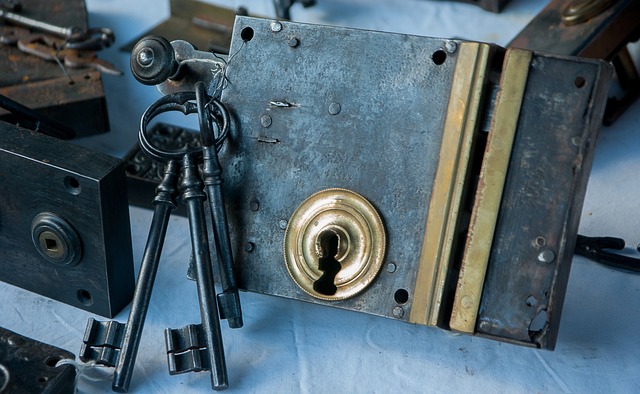
Legal implications of making a skeleton key
Laws regarding locksmiths making skeleton keys
The legality of locksmiths making skeleton keys varies depending on the jurisdiction. In some countries and states, creating skeleton keys without proper authorization or consent is illegal and can result in criminal charges. Locksmiths are usually required to be licensed and regulated to ensure that they only provide their services to authorized individuals.
Permissible scenarios for creating a skeleton key
However, there are instances where locksmiths are legally allowed to create skeleton keys. These include situations where a property owner or authorized individual requests their services to open a lock for which they do not have a key. It is crucial for locksmiths to verify the identity and authorization of the individual before creating a skeleton key to ensure they are complying with legal requirements.
Advantages of having a skeleton key
Convenience of opening multiple locks
One of the main advantages of having a skeleton key is the convenience it offers in opening multiple locks. With a single skeleton key, you can access various locks within a system, eliminating the need to carry a large number of keys. This can be particularly beneficial in scenarios where multiple locks need to be accessed frequently, such as in commercial or residential buildings with numerous doors.
Emergency situations where a skeleton key can be useful
A skeleton key can also be incredibly useful in emergency situations. For instance, if you accidentally lock yourself out of your home and don’t have a spare key, a locksmith equipped with a skeleton key can help you gain access quickly without causing damage to the lock or door. This can provide peace of mind and save you from the frustration and inconvenience of being locked out.
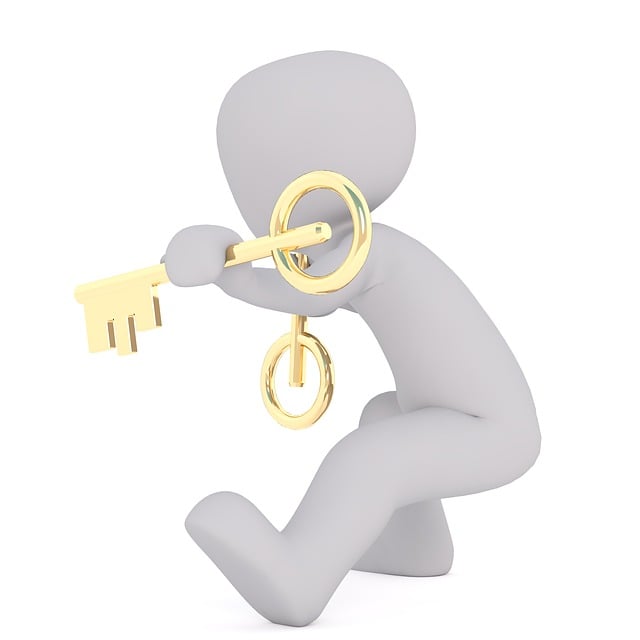
Disadvantages of having a skeleton key
Security concerns associated with skeleton keys
While having a skeleton key can be convenient, it does come with security concerns. The universal design of a skeleton key means that anyone with access to one can potentially open locks within the same system. This poses a risk of unauthorized individuals gaining entry to restricted areas or compromising the security of a property. Therefore, it is crucial to handle skeleton keys with care and ensure that they are securely stored to prevent misuse.
Risk of unauthorized access
Another disadvantage of having a skeleton key is the risk of unauthorized access. If a skeleton key falls into the wrong hands or is used by an unauthorized individual, it can lead to security breaches and potential criminal activities. It is essential to keep track of skeleton keys and limit their distribution to authorized individuals to mitigate this risk.
Limitations of locksmiths in making skeleton keys
Complexity of modern lock mechanisms
With the advancement of technology, lock mechanisms have become increasingly complex and sophisticated to enhance security. These mechanisms often incorporate intricate designs and anti-picking features, making it more challenging for locksmiths to create skeleton keys. Some lock systems are specifically designed to prevent unauthorized access through skeleton keys, rendering the creation of a skeleton key ineffective.
Specialized locks that cannot be bypassed with a skeleton key
Certain locks, such as high-security locks or those designed for specific purposes, cannot be bypassed with a skeleton key. These locks are built with advanced technologies and unique keying systems that make them highly resistant to picking or the use of skeleton keys. In such cases, alternative methods or special tools may be required to gain access.
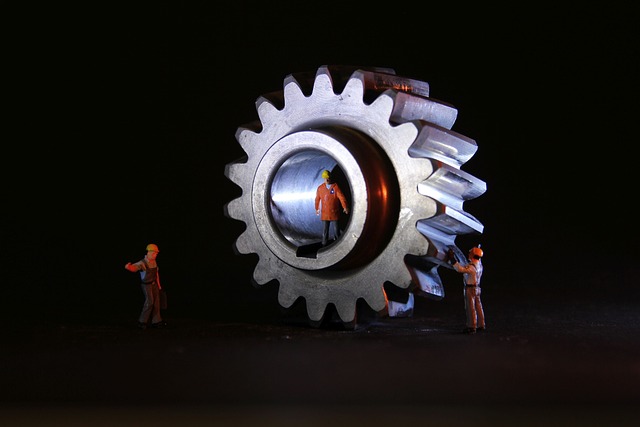
Professional ethics of locksmiths
Responsibilities of locksmiths
Locksmiths have a crucial role in ensuring the safety and security of individuals and property. Along with their technical skills, locksmiths are expected to adhere to professional ethics, which include:
- Respecting the privacy and confidentiality of their clients.
- Only providing their services to authorized individuals or with proper consent.
- Maintaining a high level of professionalism and skill in their work.
Ethical considerations when making a skeleton key
When it comes to creating a skeleton key, locksmiths must exercise ethical considerations. They should only create a skeleton key with proper authorization and confirmation of identity from the property owner or an authorized representative. It is their responsibility to ensure that the skeleton key is not misused or falls into the wrong hands, which could compromise the security of the property or individual.
Alternatives to skeleton keys
Lock-picking techniques
Lock-picking is a skill that locksmiths can use to manipulate the internal components of a lock and gain access without using a key. It requires specialized tools and knowledge of lock mechanisms. Lock-picking techniques can be an alternative to using skeleton keys, especially in situations where the lock cannot be bypassed with a skeleton key.
Modern security systems and keyless entry
With the advancement in technology, many traditional lock and key systems have been replaced by modern security systems and keyless entry solutions. These systems use electronic components, such as key cards, fingerprint scanners, or digital codes, to grant access. Unlike traditional keys, these systems are more secure and less vulnerable to skeleton key attacks.
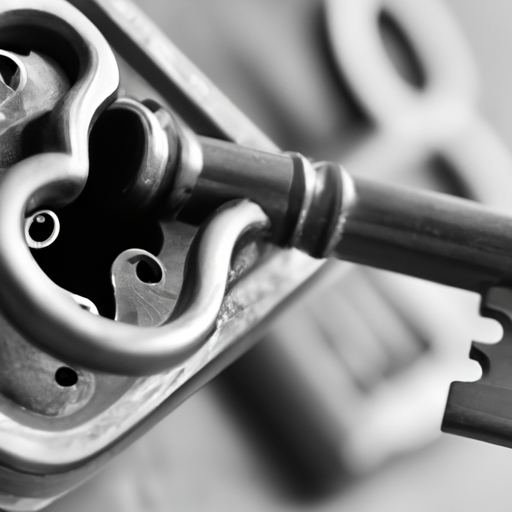
Safety measures against skeleton key vulnerability
Upgrading locks and security systems
To protect against the vulnerability of skeleton keys, it is crucial to upgrade locks and security systems. Installing high-security locks that cannot be bypassed with skeleton keys, or implementing modern security systems with keyless entry, can significantly enhance security.
Using additional security measures
In addition to upgrading locks, using additional security measures can further mitigate the risk of unauthorized access. This can include installing security cameras, alarm systems, or physical barriers such as gates or fences. These measures create multiple layers of security that make it more difficult for unauthorized individuals to gain entry, even with a skeleton key.
Conclusion
While locksmiths have the technical skills to create skeleton keys, their use carries both advantages and disadvantages. The convenience of opening multiple locks and the usefulness in emergency situations make skeleton keys appealing. However, the security concerns associated with skeleton keys, the risk of unauthorized access, and the limitations of locksmiths necessitate careful consideration and responsible use. Ultimately, employing modern security systems and implementing additional security measures provides a more reliable and secure solution for protecting individuals and property.
